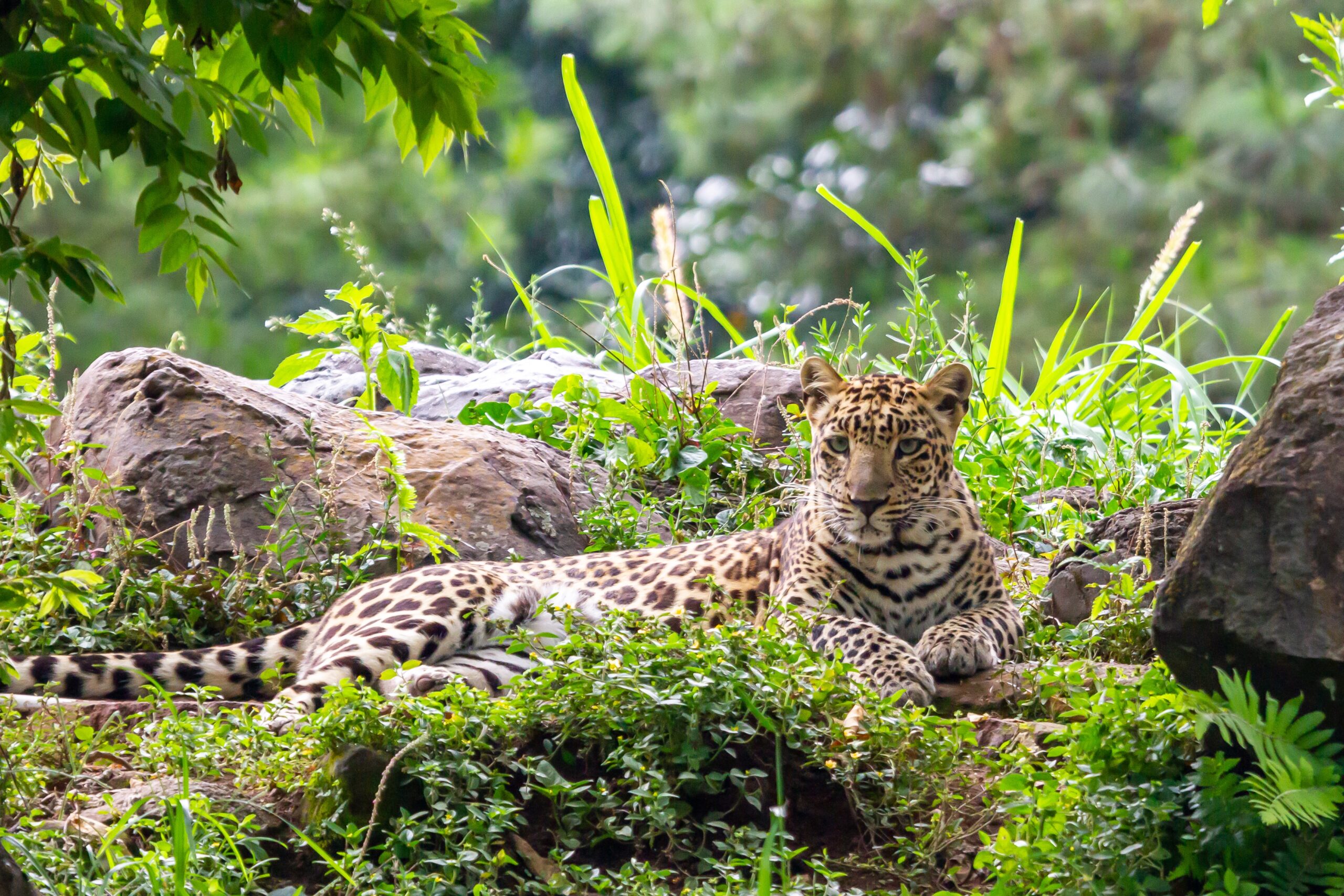Leopard conservation faces significant international challenges, particularly regarding hunting trophy export quotas set under CITES. These quotas often lack scientific rigor, fail to follow principles of precaution, sustainable use, and adaptive management, and are rarely updated. As a result, the current quota system inadequately supports leopard conservation. Once widespread, leopards have lost 98% of their historic range, with most populations concentrated in just a few subspecies, many of which are endangered. Data deficiencies and outdated population estimates further hinder effective management. Trophy hunting quotas under CITES remain contentious, as they do not consistently reflect conservation needs. Moving forward requires stronger international cooperation, science-based management, improved regulation of hunting, and heightened public awareness. Protecting leopards demands urgent, coordinated action to ensure their survival and preserve global biodiversity.

